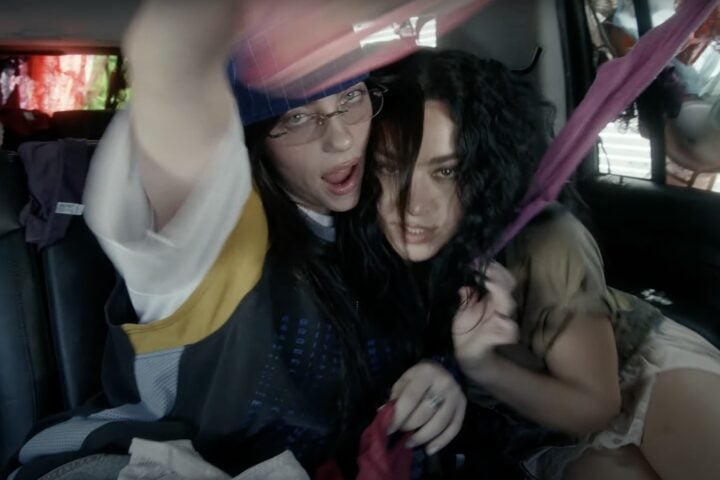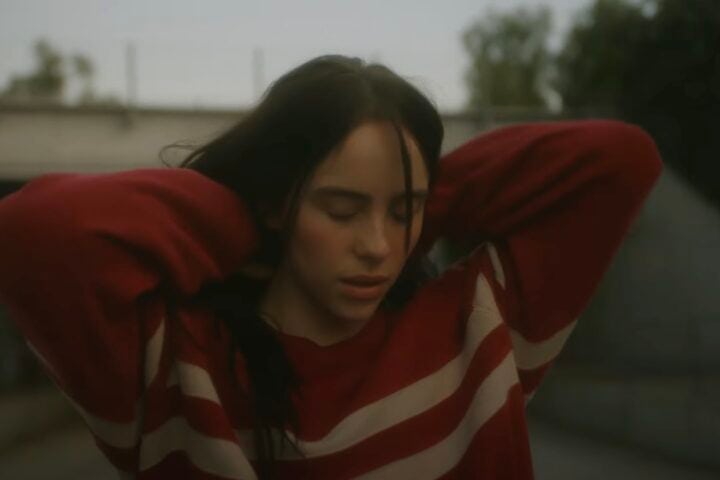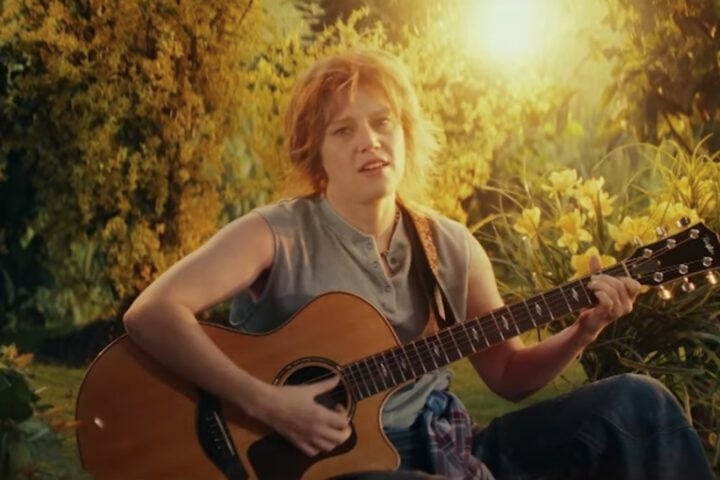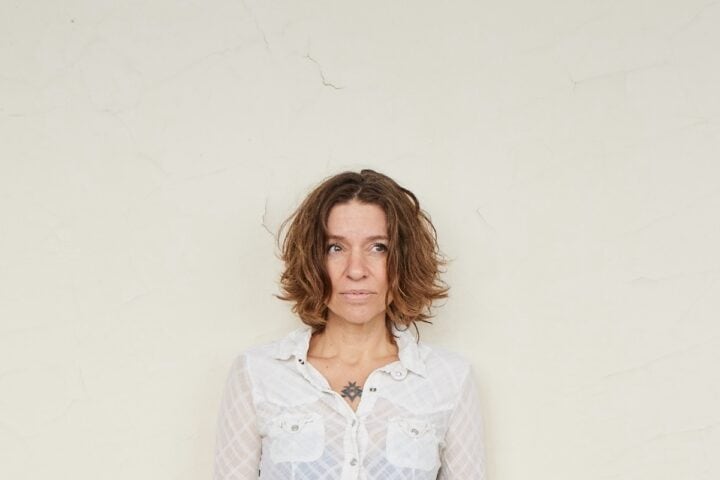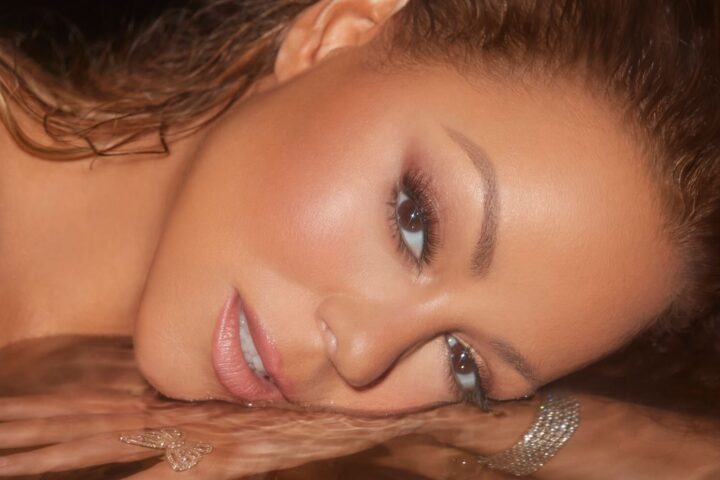In just a few short years, Billie Eilish has demonstrated a keen sense of range that’s far beyond her 22 years, and she’s managed to tap into—and help shape—the cultural zeitgeist more than once, writing anthems for bad guys, Bond, and Barbie. With her exquisite third album, Hit Me Hard and Soft, she further cements her status as alt-pop’s happy warrior, keeping one foot in the mainstream and another firmly outside of it.
At just 10 tracks, Hit Me Hard and Soft is both Eilish’s most concise and most ambitious album to date. Throughout, she and her main collaborator, brother Finneas, experiment with song structure and style, examining her celebrity and persona, in ways that are both playful and profound. Packed with multipart songs and self-referential lyrics that reward repeat listens, the album is a world unto itself—and the most fully realized version of Eilish’s sound.
Written during the same sessions as the Oscar-winning “What Was I Made For?,” the album’s opening track, “Skinny,” takes the themes Eilish broaches on the Barbie song and expands on them, questioning her own image, fame, and place in society. Her exploration of these themes has never felt so personal or precise: “People say I look happy/Just because I got skinny/But the old me is still me and maybe the real me/And I think she’s pretty.” In just a few lines, she expresses a cutting vulnerability and deep sense of self-awareness.
Eilish quickly pivots from one type of vulnerability to another on the disco-infused “Lunch,” a confident and groovy declaration of lust that leaves it all on the dance floor. The singer holds nothing back, boldly declaring: “I could eat that girl for lunch/Yeah, she dances on my tongue/Tastes like she might be the one.”
Vocally, Eilish sounds looser than ever on Hit Me Hard and Soft, venturing beyond the enigmatic whisper-singing she’s become known for. “The Greatest” reaches a heady rock climax similar to 2021’s “Happier Than Ever,” and “Birds of a Feather” goes one further, reaching for a glorious sense of release to what might just be the most optimistic song in Eilish’s discography.
This assuredness isn’t only apparent in Eilish’s lyrics and vocal performances, but in the album’s production. Hit Me Hard and Soft is characterized by a number of notable beat-switches that mirror its title: “L’Amour De Ma Vie,” for example, moves from retro-pop to electro-pop in a switch-up that would feel jarring if it weren’t so infectious. In its final 30 seconds, the song dips from dazzling synth heights to a dark, pulsing outro. Elsewhere, the codas to “Wildflower” and “Bittersuite” change and challenge the color and tone of the songs.
The album’s closing track, “Blue,” is itself something of a coda to Hit Me Hard and Soft as a whole, referencing lyrics from nearly every previous song before pivoting into what’s essentially another song. “I don’t blame you/But I can’t change you/Don’t hate you/But we can’t save you,” Eilish sings, sending the album out on what feels like an exceptionally tragic note. And yet, there’s something hopeful in the lush, weeping string arrangement that closes Hit Me Hard and Soft, followed by the promise of something more: “But when can I hear the next one?”
Since 2001, we've brought you uncompromising, candid takes on the world of film, music, television, video games, theater, and more. Independently owned and operated publications like Slant have been hit hard in recent years, but we’re committed to keeping our content free and accessible—meaning no paywalls or fees.
If you like what we do, please consider subscribing to our Patreon or making a donation.


